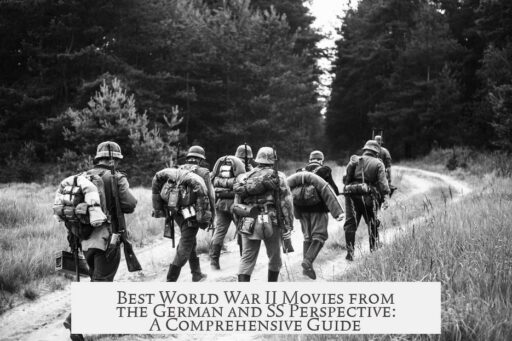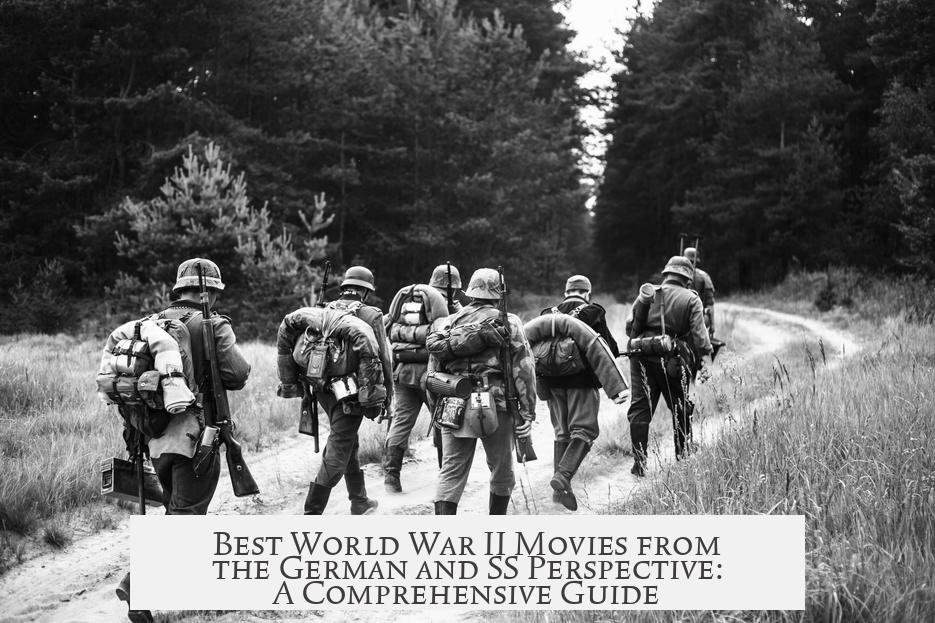Movies about WW2 from a German/SS perspective present diverse narratives, ranging from frontline combat to civilian life and resistance within Nazi Germany. These films explore the complex experiences of German soldiers, youth, and civilians amid the war’s brutal realities, although true SS-focused stories remain scarce due to their criminal legacy.
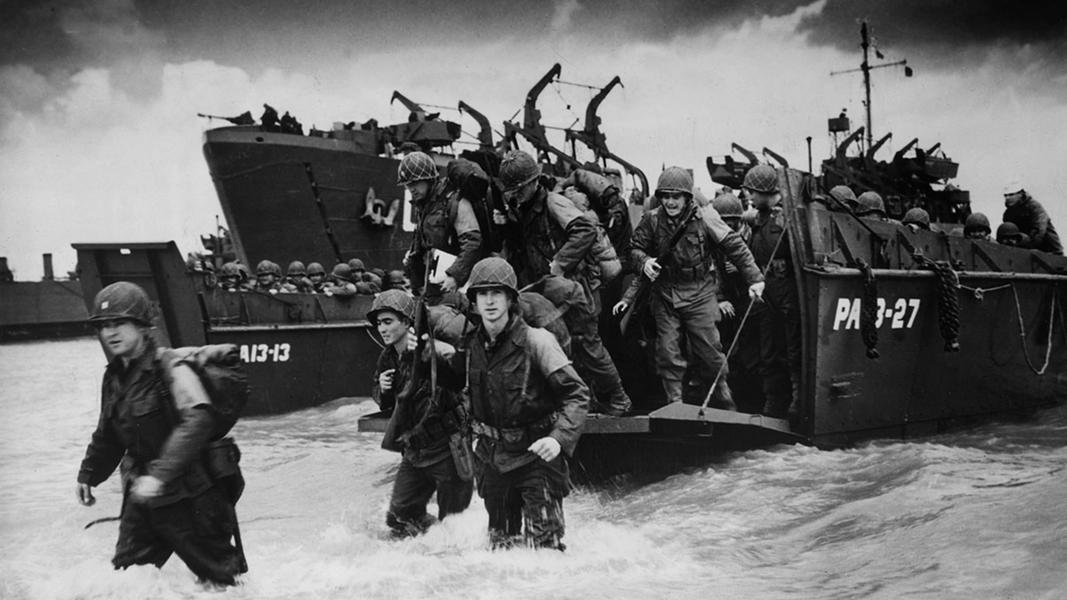
Films portraying the broader German experience in World War II often focus on the Wehrmacht or German civilians. For example, Das Boot (1981) offers an intense look at the life aboard a German U-boat, highlighting the submarine crew’s hardship and fear. This film depicts the complexity of warfare from the German side without glorifying the cause.
The mini-series Generation War (2013) is another detailed portrayal, showing German youths’ transitions into soldiers and nurses on the Eastern Front. It delves into the varied fates and moral dilemmas of five friends during the war, providing insight into the human dimension behind the military façade.
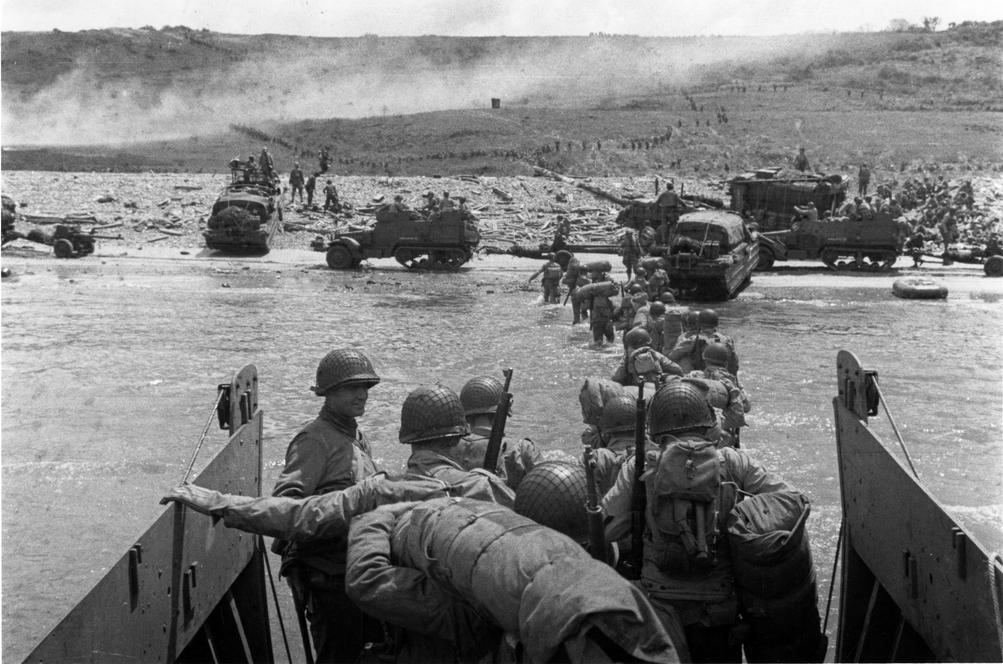
Battlefront-focused movies include Stalingrad (1993), which dramatizes the brutal urban combat experienced by German troops in one of the war’s deadliest sieges.
Swing Kids (1993) explores a different facet—German youth rebelling against Nazi ideology through American jazz culture. This film showcases non-military resistance and the struggle to maintain individuality amid Nazi indoctrination.
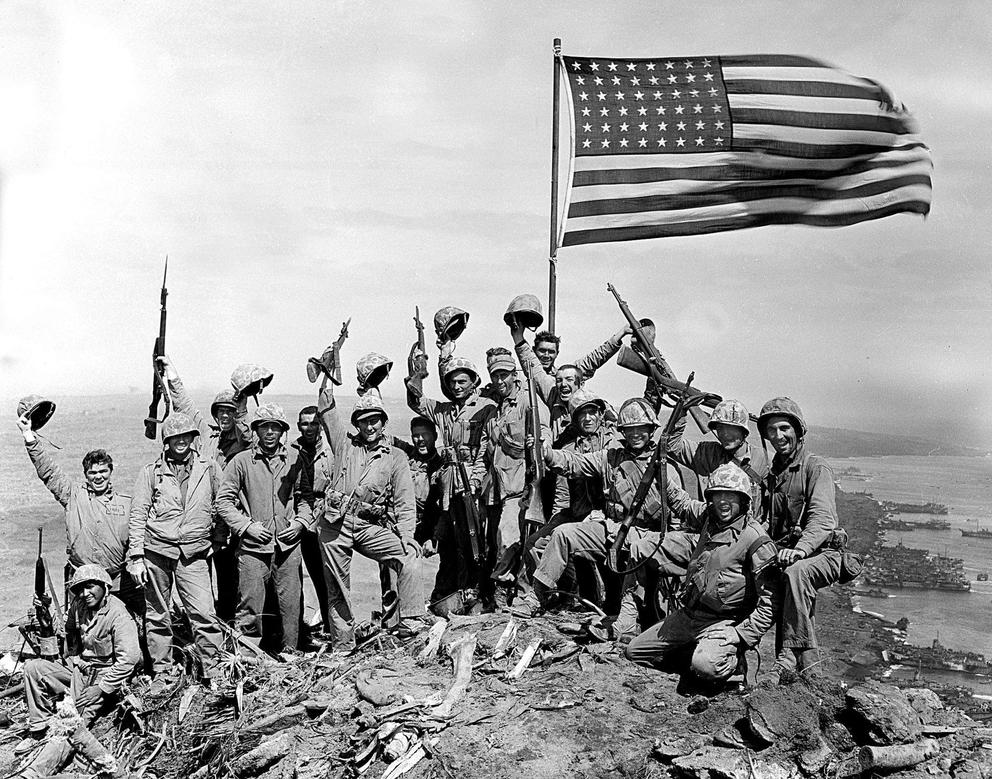
Downfall (2004) portrays Hitler’s last days in the Berlin bunker, capturing the desperation and collapse of Nazi Germany. It is well-regarded for humanizing historical figures while avoiding excuses for their actions.
The assassination attempt on Hitler is central in Valkyrie (2008), which recounts the July 20, 1944, plot by German officers to kill Hitler and overthrow the regime.
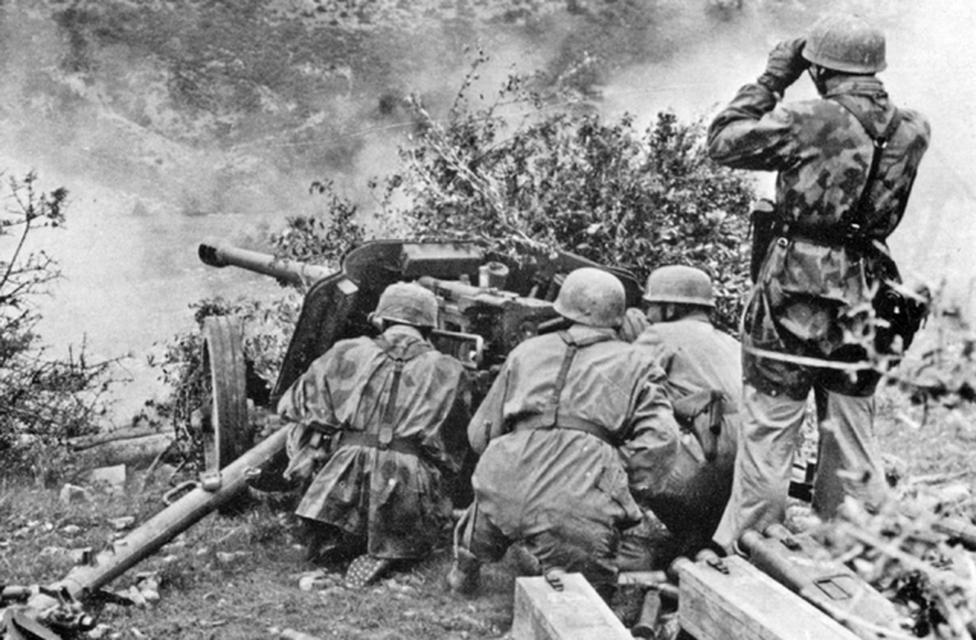
Action films like Steiner, the Iron Cross series combine war combat with anti-war messages, portraying German soldiers’ experiences mainly on the Eastern Front.
Some older or less-known movies add further perspectives:
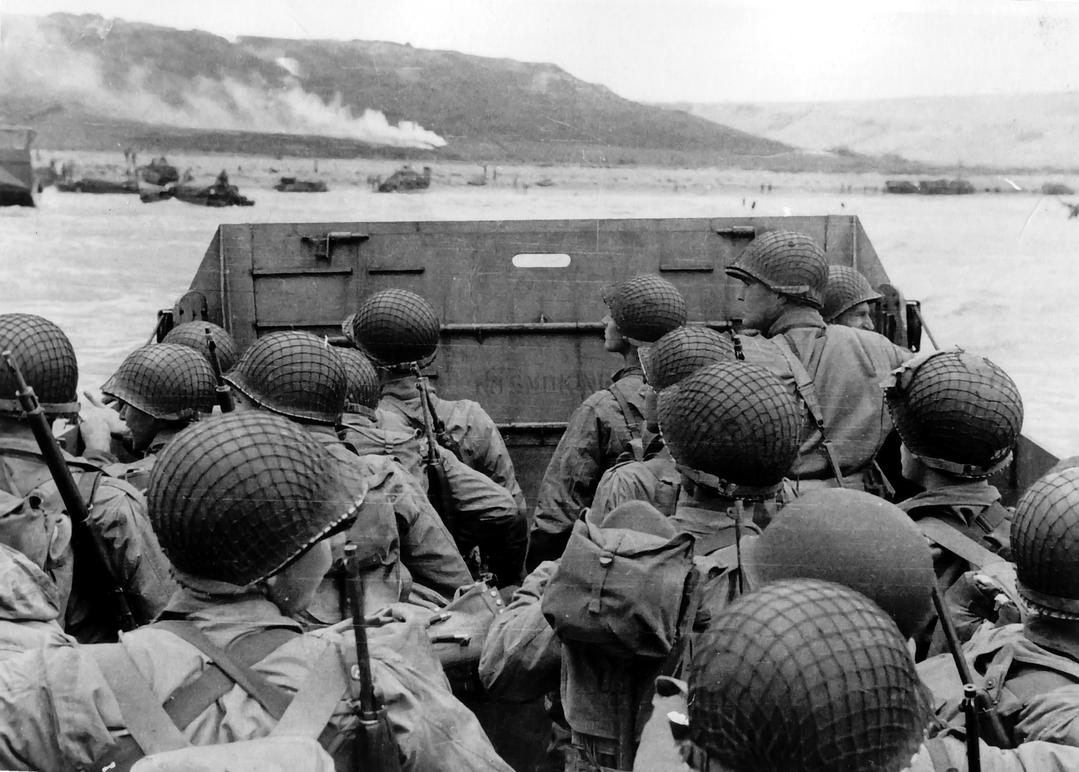
- A Time to Love and a Time to Die (1958) is an American film told from a German soldier’s view.
- Star of Africa (1957) follows a German fighter ace.
- The One that Got Away (1957) focuses on a German pilot’s multiple escape attempts.
- The Misfit Brigade (1987) dramatizes a penal armored unit, based on Sven Hassel’s novels.
- The Doctor of Stalingrad (1958) centers on German POWs in Soviet captivity.
- Unsere Mütter, unsere Väter (2013) is a miniseries following five Berlin friends during the war.
- Die Brücke (1959) depicts young German recruits defending a bridge late in the war.
Films specifically portraying the SS perspective remain rare and highly controversial. The SS was a paramilitary force notorious for war crimes and genocide, complicating attempts to depict it without unintentional endorsement or propaganda. Most SS-related portrayals focus on their atrocities or the Holocaust’s horrific impact rather than sympathetic viewpoints.
Key films acknowledging the SS include:
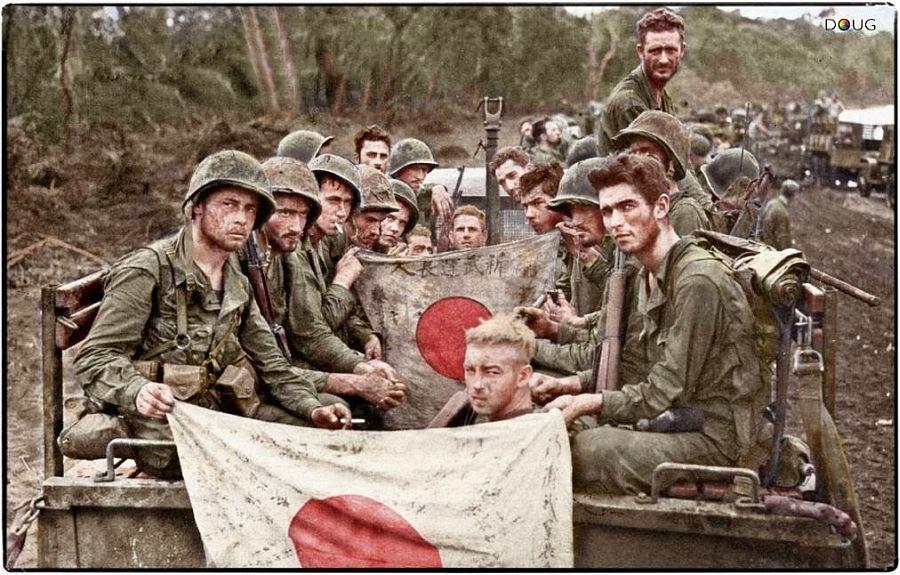
- Schindler’s List (1993), which highlights SS brutality during the Holocaust through the story of Oskar Schindler saving Jews.
- Conspiracy (2001), a drama about the Wannsee Conference where Nazi officials planned the Final Solution.
- Finnish film 1944 (2015), showing the Estonian SS units defending the Tannenberg Line.
Critical commentary stresses that SS members were indoctrinated Nazis, often fanatical, brutal, and responsible for numerous war crimes, especially on the Eastern Front and in anti-partisan operations. As such, few filmmakers attempt to tell stories from an SS member’s perspective that do not recycle Nazi ideology.
For a different angle, Sophie Scholl – The Final Days (2005) offers a German resistance viewpoint, focusing on the young anti-Nazi activist Sophie Scholl and the White Rose movement.
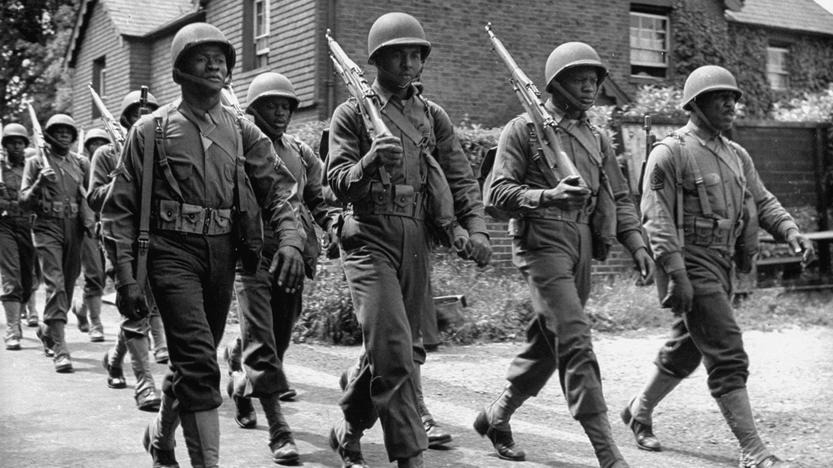
Other related films include Germany Year Zero (1948) by Roberto Rossellini, exploring a boy’s life in war-ravaged Berlin, and Land of Mine (2015), which depicts German POWs clearing mines after the war.
Scholars and viewers should be cautious of the “Clean Wehrmacht” myth, which wrongly portrays the regular German army as uninvolved in war crimes. Many of these films reflect that complexity, showing soldiers’ courage amid moral compromise.
| Movie | Perspective | Notes |
|---|---|---|
| Das Boot | German Navy Submarine Crew | Realistic submarine warfare experience |
| Generation War | German Soldiers and Civilians | Life on the Eastern Front; complex character arcs |
| Stalingrad (1993) | German Infantry | Battle of Stalingrad, harsh combat |
| Downfall | High Command and Hitler | Final days in Berlin bunker |
| Schindler’s List | German SS and Holocaust Victims | Focus on SS atrocities and rescue |
| Conspiracy | Nazi Officials | Wannsee Conference planning the Holocaust |
| Sophie Scholl – The Final Days | German Resistance | Anti-Nazi youth activism |
- German WWII movies cover soldiers, youth, and resistance, reflecting diverse wartime experiences.
- SS-focused portrayals are rare due to their war crimes and ideological extremism.
- Notable films include Das Boot, Generation War, Downfall, and Schindler’s List.
- German resistance is highlighted in films like Sophie Scholl – The Final Days.
- Viewers should maintain awareness of historical complexity, avoiding myths such as the clean Wehrmacht.
Exploring Movies About WW2 from a German/SS Perspective: A Candid Guide
Wondering about movies about WW2 from a German/SS perspective? Buckle up, because this isn’t your typical “heroic Allied forces” storyline. Movies showing WWII through German eyes, particularly the SS viewpoint, tread a delicate line — between historical accuracy, moral complexity, and the darker side of human nature.
Let’s dive straight into what’s out there, why some perspectives are rare and controversial, and where you can find some cinematic gems that shed light on this intense chapter of history.
So, What Are the Best WW2 Movies From a German Angle?
Many gripping films and series explore the German experience during the war — from soldiers to civilians, from youth to high command. They present complex human stories, haunted by ideology and war’s harsh realities.
Here are some standouts — think gripping drama, intense combat, and personal struggles:
- Das Boot – This German-made submarine film puts you underwater with a crew battling not just enemies, but claustrophobia and fear. It’s a tense, intimate look at the U-boat war.
- Generation War – A three-part miniseries following five friends enlisted in different roles on the Eastern Front. It’s praised for nuanced storytelling about real people caught up in the war’s chaos.
- Stalingrad (1993) – Focuses on the brutal battle for the city from the German side, capturing the desperation and futility of war.
- Swing Kids – Shifts away from battlefields to focus on German teens caught between Nazi youth ideology and their love for swing music, showcasing internal culture conflicts.
- Unsere Mütter, unsere Väter (Our Mothers, Our Fathers) – Another miniseries zooming in on friends involved in various military roles, providing a heartfelt look at personal costs.
- Die Brücke (The Bridge) (1959) – Young recruits defending a strategic bridge in the war’s final days, highlighting both pointlessness and courage.
- Downfall – Famous for its portrayal of Hitler’s last days bunkered in Berlin. It gives visceral insight into the collapse of Nazi Germany.
- Valkyrie – A Hollywood depiction, starring Tom Cruise, centered on the July 20th plot to assassinate Hitler.
- Steiner, the Iron Cross 1 and 2 – Action-packed yet anti-war films set mostly on the Eastern Front, humanizing German soldiers despite the conflict.
- A Time to Love and a Time to Die – A rare American film from the German soldier’s viewpoint.
- Star of Africa – Focuses on ace pilot Hans Joachim Marseille, one of the first films exploring German battlefield heroism.
- The One that Got Away – True story of pilot Franz Von Werra’s hilarious and daring escape attempts after being captured.
- The Misfit Brigade – Less serious, based on Sven Hassel’s books about a penal armored unit in the East.
- The Doctor of Stalingrad – Focuses on German POWs in the Soviet Union.
These movies bring complexity to German experiences—sometimes by showing the soldier’s humanity, the horrors they endured, and the moral dilemmas many faced.
Why Are There So Few Movies Focused Solely on the SS Perspective?
Let’s get real. Movies portraying the SS perspective alone are scarce. There’s a good reason for this. The SS was not just a military organization; it was the key force behind many of the worst crimes and atrocities in WWII. This creates thorny moral and ethical issues in storytelling.
The SS were heavily involved in genocide and war crimes. Portraying them as protagonists risks slipping into propaganda or trivializing horrific history.
Some films and shows do include SS figures, but typically not to *sympathize* with them—rather to expose their actions or show the oppressive Nazi regime:
- Schindler’s List – Shows SS brutality vividly as the backdrop to one man’s defiant rescue of Jews.
- Conspiracy (2001) – A chilling drama about the Wannsee Conference where the “Final Solution” was planned.
- 1944 (Finnish film) – Portrays Estonian SS troops defending the Tannenburg Line, highlighting the complexity of foreign volunteers.
Even with these few, it’s clear that filmmakers tread carefully around the SS viewpoint due to its association with fanaticism and war crimes. Sound artistic exploration of an SS member’s “perspective” is almost impossible without courting controversy or whitewashing history.
So Should You Watch Movies From the SS Perspective?
This is a serious question. The SS weren’t just soldiers; they were politically indoctrinated Nazis who willingly executed some of the worst atrocities of the war. There’s no sugarcoating that.
“I don’t consider the SS viewpoint worthy of artistic exploration.” — A caution many historians and viewers share.
Still, if you want to dive deeper, books like Death is My Trade by Robert Merle can provide a fictionalized but chilling portrayal of an SS officer’s mindset. It’s a way to understand the dark forces without glorifying them.
What About German Resistance Movies?
The German story during WWII wasn’t all about Nazis and SS. There were Germans who resisted.
For a hopeful, brave alternative perspective, check out:
- Sophie Scholl – The Final Days – Dramatizes the final moments of a young woman and her resistance group defying Nazi rule in Germany. It’s a testament to individual courage.
Other German or Axis Perspectives Worth Watching
Delving beyond soldiers, some films provide other lenses on wartime Germany:
- Germany Year Zero by Roberto Rossellini – It focuses on a boy growing up amid bombed-out Berlin ruins, portraying civilian hardship.
- Land of Mine – Portrays German POWs, including youth, forced to clear landmines after the war in Denmark, illustrating the price paid by defeated soldiers.
- The Winter War – Not German, but Finnish perspective on their 1939-40 conflict, showing a country allied with Germany but opposed in ideology.
Don’t Fall for the “Clean Wehrmacht” Myth
A quick heads-up: many movies and stories may imply that German soldiers, especially Wehrmacht regulars, were just “doing their duty” cleanly. But this isn’t strictly true. The Wehrmacht was often complicit in war crimes and atrocities, especially on the Eastern Front.
So, when watching, question the portrayal and go beyond the surface.
How To Approach These Films for a Well-Rounded View?
It’s essential to watch these films not just for entertainment but with a critical eye. Here’s how:
- Look for narratives showing multiple perspectives — civilian, soldier, oppressor, resistor.
- Don’t romanticize or excuse atrocities. Historical context matters.
- Read up on real history alongside watching. Books and documentaries complement the drama.
- Appreciate the human stories — fear, hope, rebellion — that unfold amidst the war.
- Discuss with others to deepen your understanding, especially on controversial topics like the SS.
Final Thoughts: Why These Movies Matter
Movies from the German or SS side during World War II open uncomfortable but crucial windows. They reveal how war twists lives, ideologies shape actions, and humanity struggles under tyranny.
By exploring different angles — from young Swing Kids struggling under Nazi rule to the desperate defense of Stalingrad, or even the tragic last days in Berlin — these stories deepen our understanding of a brutal conflict that shaped modern history.
Just remember: the SS perspective isn’t a blank slate for storytelling. It’s a somber reminder of the depths humanity can sink to, and why remembering the facts — through films or books — is key to learning from the past.
Curious about these films? Start with Das Boot for intense drama, or Generation War for a gripping multi-episode saga. Then, brace yourself for Downfall, which reveals the chaos of the Nazis’ final stand. For deeper reflection, watch Schindler’s List and Conspiracy to confront the SS’s dark reality.
So, what’s your pick to start exploring WWII from the German perspective? Which story intrigues you the most — the rebellious youth, the desperate soldiers, or the resistors risking everything for freedom?
